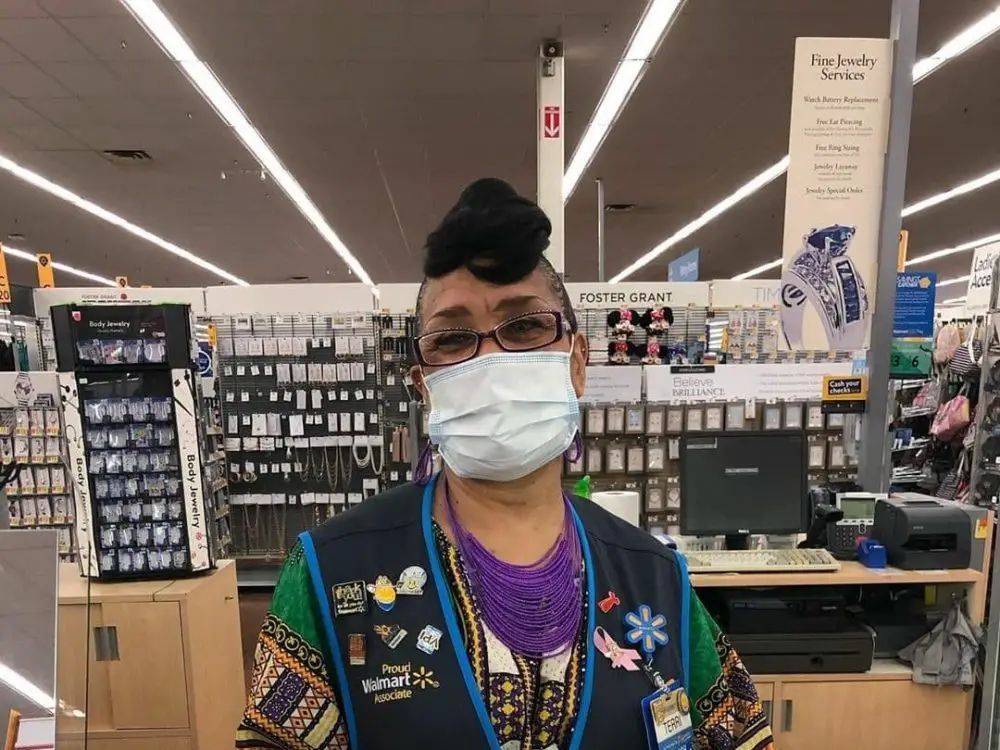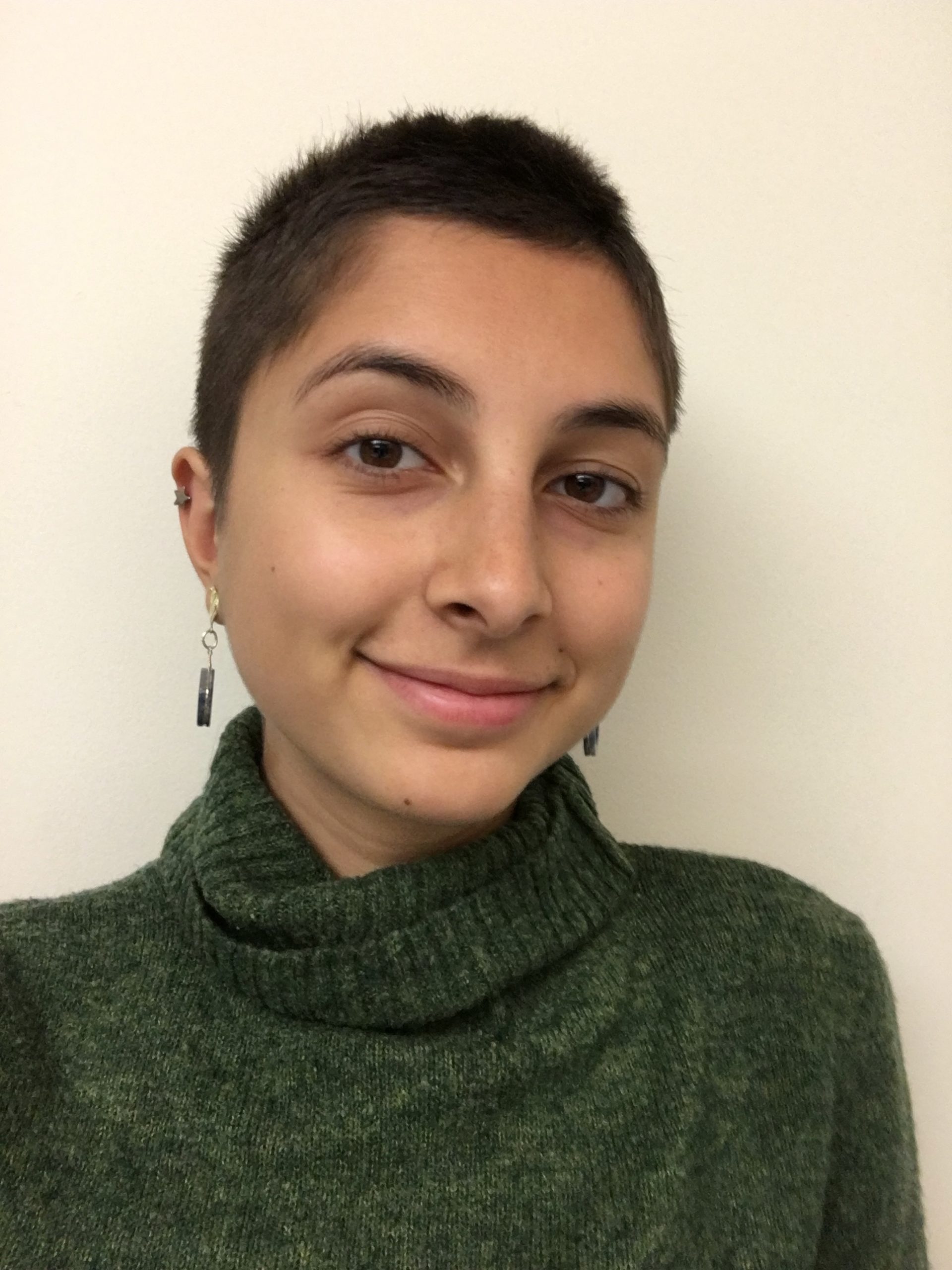Part of social distancing is shutting down certain businesses while allowing “essential” businesses to remain open. But what determines what is essential? At the end of the day, it’s an arbitrary distinction — and what qualifies might surprise you.
1. The Obvious Ones
Unsurprisingly, most liquor stores across the U.S. are considered essential businesses, and are staying open during the coronavirus crisis — and doing good business. “It’s like Christmas without the joy,” said the owner of my local wine store about the influx of orders they have been getting as people drown their sorrows in alcohol at home. “You’re doing God’s work,” replied their grateful customers.
Cannabis retailers in California are also thriving while other shops remain closed around them. America is known to the rest of the world as the country of workers who spend too much time at the office and don’t know how to relax. It seems that this pandemic has proven them right; we turn to alcohol and drugs to relax rather than — well, jigsaw puzzles, for example.
2. Jigsaw Puzzle Stores
Australian Prime Minister Scott Morrison cited “buying jigsaw puzzles” as an example of an essential outing during a press conference in March. PETA later sent him a customized animal rights puzzle to complete with the kids. Morrison is not alone in turning toward the old-school time filler whilst stuck at home; Kylie Jenner encouraged her followers to stay at home and puzzle. Retailers are struggling to keep up with demand, as it takes a long time to create new puzzles.
3. Wrestling
Florida’s governor Ron DeSantis declared that World Wrestling Entertainment, or WWE, is vital to his state’s functioning. Wrestlers are going back to the ring, although fights will air without a live audience. Meanwhile, all other in-person sporting events have been cancelled across the U.S. WWE rightly stated that people need a “diversion from these hard times,” and apparently a large enough sector of Americans get our diversion from watching people beat each other up. Perhaps this has to do with our pent-up anger from not being able to go to the gym — those dish soap treadmills and couch pools apparently aren’t cutting it.
4. Golf Courses
What would America be without golf? Arizona was one of the first states to deem their fields essential, but Illinois, Washington, Pennsylvania and New Jersey have since re-opened their courses. Perhaps this has something to do with the President’s affinity for the sport.
5. House Tours
Even as people are stuck at home, they are allowed to search for a new one. The coronavirus has not closed house tours. People can’t necessarily put off their home-buying for the duration of the pandemic, although the option to explore housing becomes more and more attractive as college and grad students have found themselves stuck in their parents’ homes once again. Redfin has a list of precautions to take when touring a house during the pandemic, but they might be better off taking a virtual tour.
6. Garden Supply Stores
During World War I, Americans planted gardens. “The War Garden of 1918 must become the Victory Garden of 1919,” urged the National War Garden Commission. Now, in a battle for our collective mental health, Americans are turning soil once again. Home Depot and smaller garden stores across the country remain open and are seeing an uptick in sales.
Carbon emissions worldwide have decreased with the world at a partial standstill, and an increase in home gardens spells positive movement in the fight against climate change. Having plants around also boosts your mental energy when studying at home. Apartment dwellers are not locked out of this trend; as you’ll see on Tik Tok, all it takes is an avocado pit and a jar of water to start a garden. Although for that method, you wouldn’t need to visit a garden supply store anyway.
7. Gun Stores
Not only are Americans planting gardens like it’s war time, they are buying up guns at still open stores. Individual states such as Pennsylvania kept them open from the get-go, but the Trump administration has officially ruled that gun stores are essential businesses across the board. Despite intense debate over this ruling, the coronavirus crisis has led to the highest-ever spike in U.S. gun sales.
Such jumps often occur when governing bodies threaten to restrict gun ownership, causing firearm aficionados to run to the nearest gun store. The social distancing regulations ordered by governing bodies across the world feel to some Americans like a similar crackdown on their right to freedom, and they have responded by stocking up to protect themselves from a potential government takeover.
8. Mattress Retailers
Even in the midst of a pandemic, you can go to a Mattress Firm and test out a bed before buying it. Stores are open in Ohio, New York and other U.S. states, although some mattress companies have closed their stores across the board. Some states have a loophole in their coronavirus policies that stores like Mattress Firm can exploit: You can stay open if you have only one employee working at a time.
The company has shared their extensive cleaning policy on their blog. This sounds safe enough, although you can’t help but feel bad for that singular employee surrounded by all those empty mattresses. The mattress industry has seen an increase in competition in recent years as the “this product will change your life” style of marketing has seeped into the industry. Ironically, most of those new mattress companies don’t have in-person showrooms, yet those that do have to stay open during this time.
9. Laundromats
This one should be obvious. Many families do not have washing machines in their homes and rely on laundromats to clean their clothes, which is especially important during a pandemic. Unfortunately for Pennsylvanians, the governor office’s original list of essential businesses did not include laundromats. That was quickly changed after advocates pushed back, but the fact that they were shut down in the first place shows a clear lack of understanding between the rich and the poor in that state.
10. Essential Workers
Wealthy apartment dwellers apparently can’t get their mail by themselves, because doormen in New York City have been deemed essential. Doormen have to commute alongside firefighters, nurses and other frontline workers to arrive at their jobs, where they will be exposed to everyone in the building— and those people will be exposed as well. Gas station employees in New Jersey and Oregon also continue to expose themselves to health risks to pump gas for others’ cars. Most of the people keeping the country running during a pandemic hold blue-collar and service jobs; here’s hoping that white-collar Americans take note beyond just clapping in appreciation every evening.
11. Other Random Essential Businesses
If you’ve ever had a meltdown at 2 a.m. because your final paper is due the next morning and the printer has chosen this exact moment to break down, you will understand why printer repair is an “essential business” in New York state. Office supply stores have also largely stayed open on a state-by-state basis as workers have made the transition online.

















